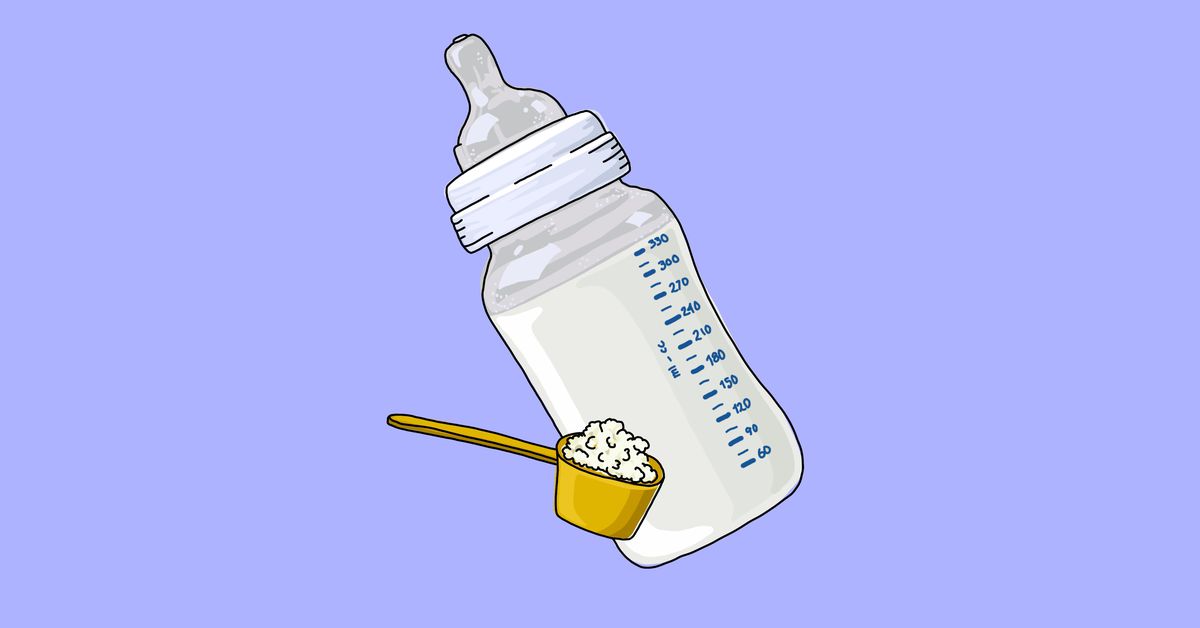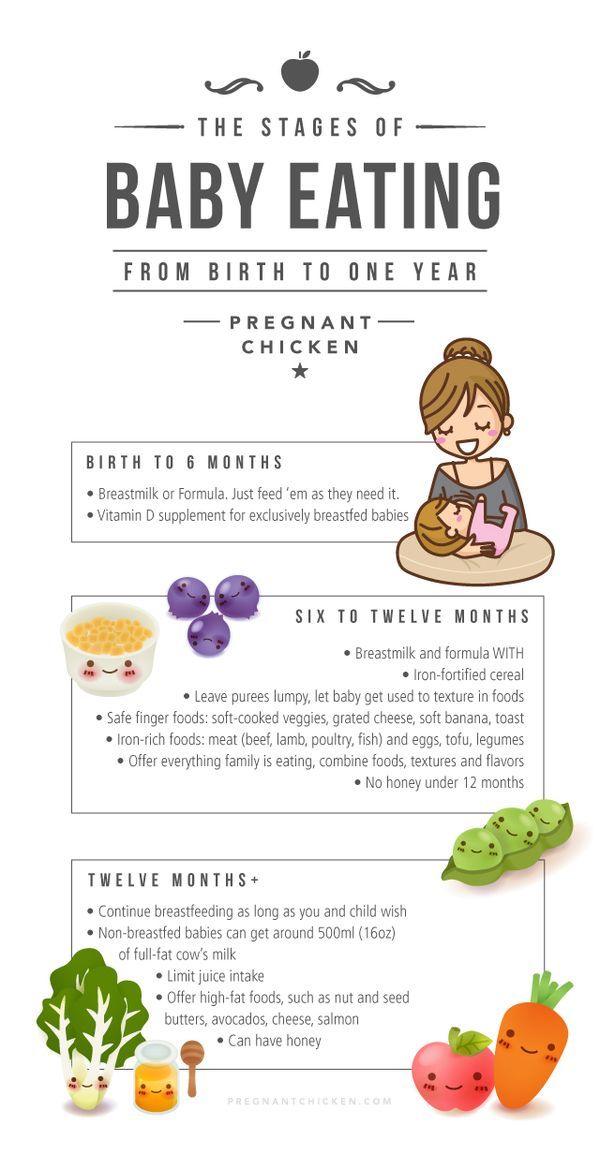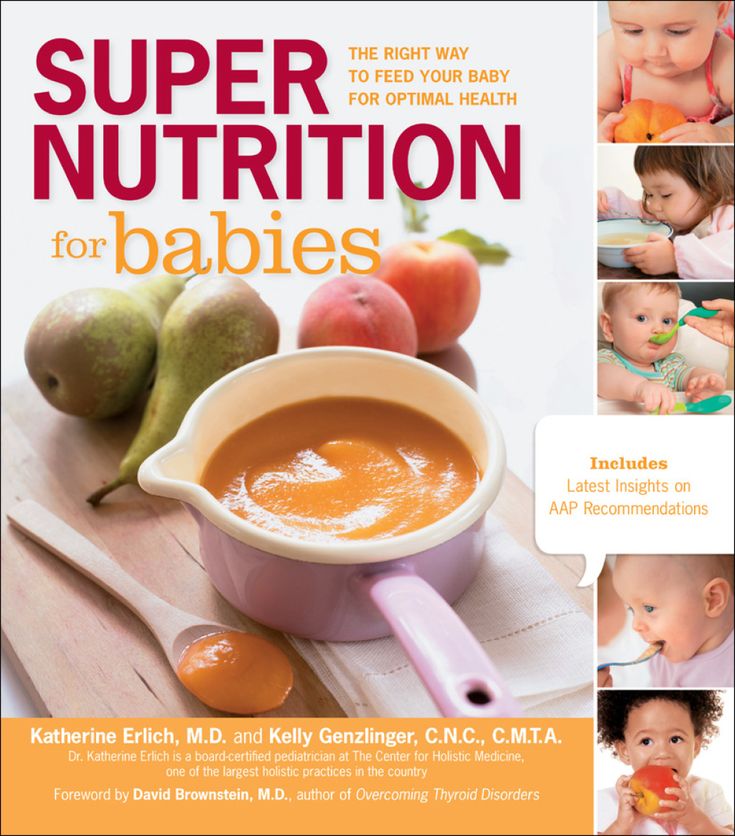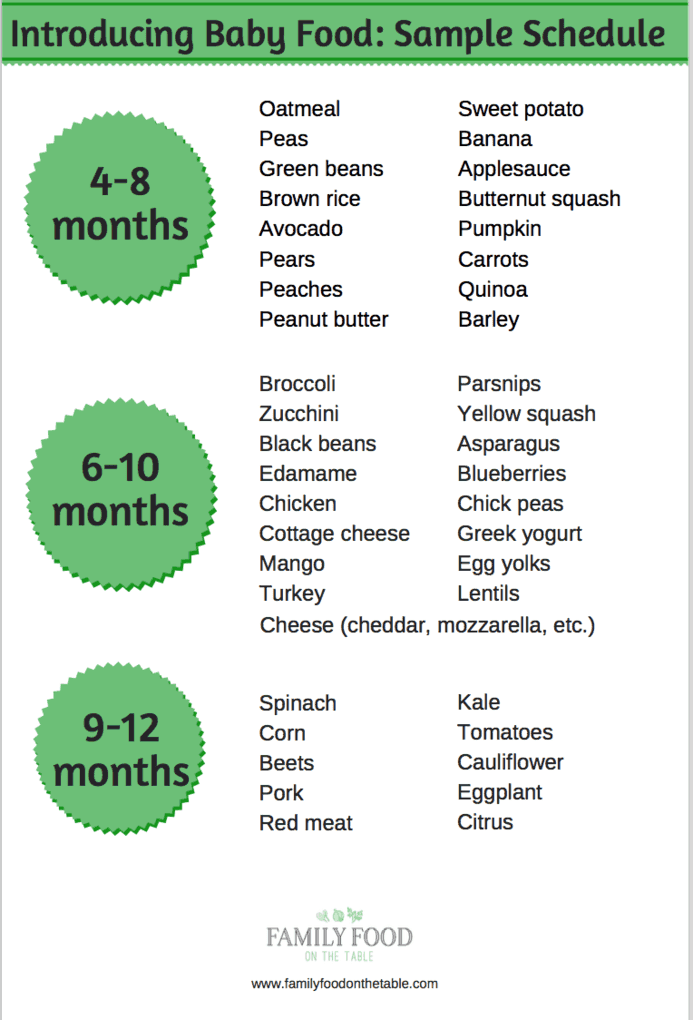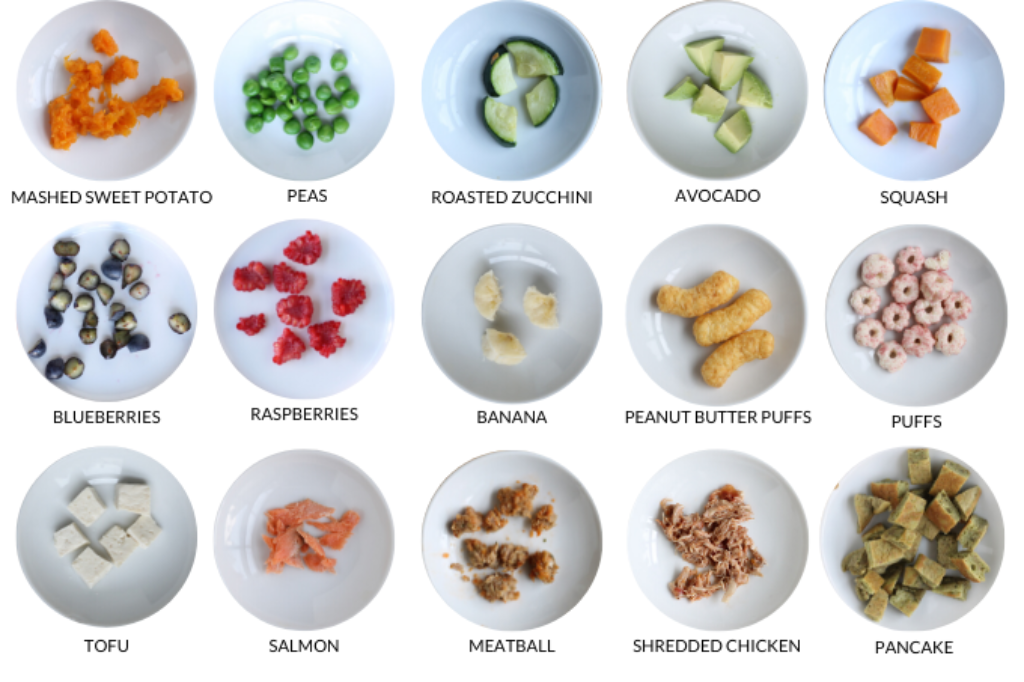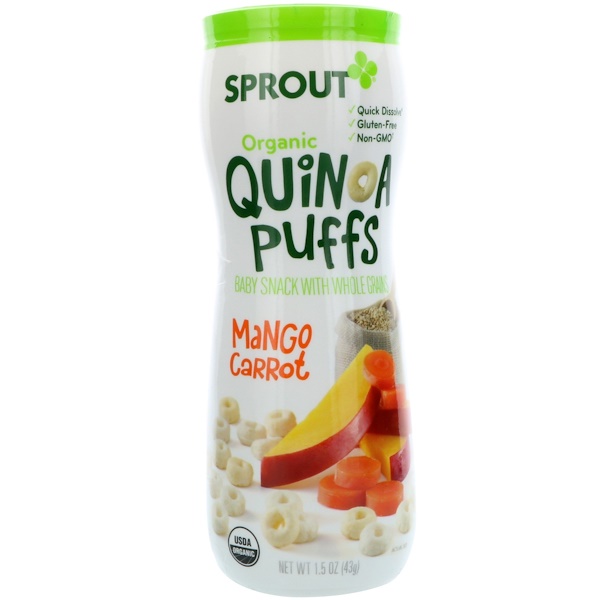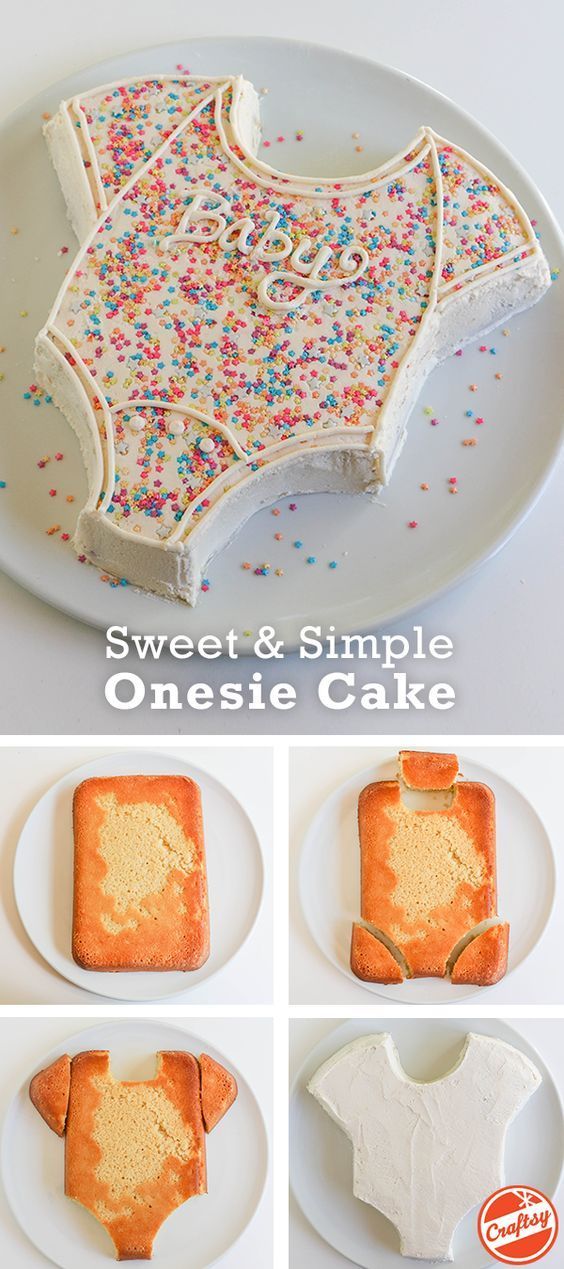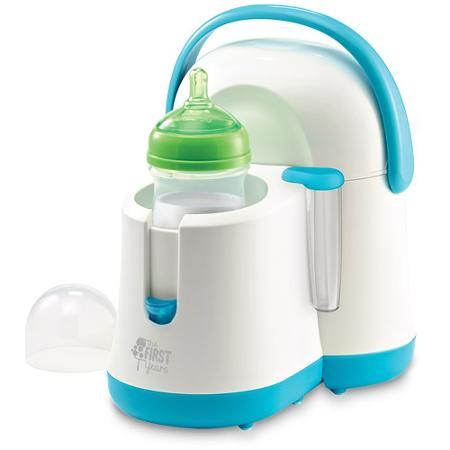My baby cries after formula feeding
Why Is Baby Crying After Feeding?
The question of “why does my baby cry after feeding” is a question that can typically drive mothers and parents crazy.
Oftentimes, it can be hard to know why your baby is crying after feedings. Not knowing how to identify the problem and not having a solution can have a significant effect on the physical and mental health of both your baby and the entire family. This can include increased stress, lower quality sleep, and the physical health of your baby. However, if you identify the cause and solve the problem, you will be able to significantly improve the parenting and breastfeeding experience for you and your child.
That’s why we decided to write an article on this topic – Why does my baby cry after feeding? This is an important topic and should be known by all mothers so that you can get the best results when feeding your baby.
This article will cover the following topics:
- Why Babies Cry After Feeding
- Should You Breastfeed Every Time Your Baby Cries?
- How Do I Comfort A Newborn?
Without further ado, let’s get into it.
Why Your Baby Cries After Feeding
Acid Reflux
The first major reason babies cry after feeding is known as acid reflux. Acid reflux happens when the content in the stomach gets pushed back into the esophagus.
It’s estimated that more than half of infants experience acid reflux at some point. The condition usually peaks at 4 months and goes away on its own between 12 and 18 months of age.
Some symptoms of acid reflux include:
- Spitting up and/or Vomiting
- Refusal to eat and difficulty eating or swallowing
- Irritability during feeding
- Wet burp / hiccups
- Failure to gain weight
- Abnormal arching
- Frequent coughing
- Gagging or choking
- Chest pain or heartburn
- Disturbed sleep
If acid reflux symptoms persist past 24 months, it may be a sign of gastroesophageal reflux disease (GERD) when combined with weight gain.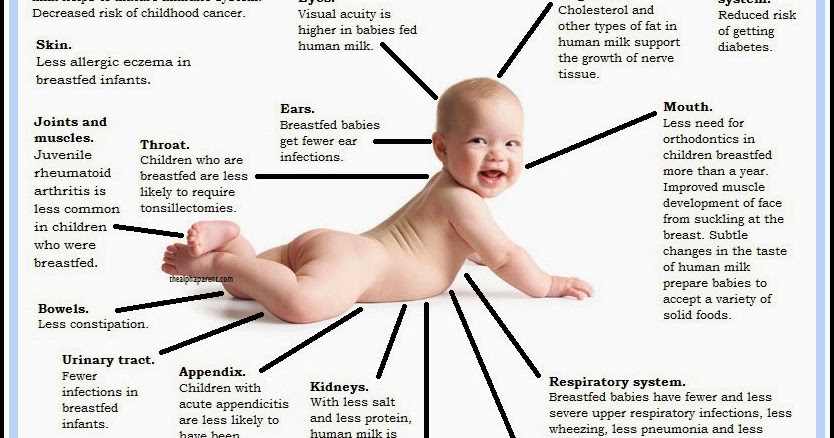
Food Sensitivity / Allergies
In addition to acid reflux, some breastfed babies may be allergic to certain food particles that their mothers are eating. According to the Academy of Breastfeeding Medicine, some of the most common foods that lead to food sensitivities and allergies in babies is cow’s milk protein in the mother’s milk, egg, corn, and soy.
Some symptoms of food sensitivities in your baby include the following:
- Extreme irritability after feedings
- Bloody stools (poop)
If your baby has the following symptoms, you should speak with your healthcare provider about getting them tested for allergies.
Additionally, you can also follow a restricted diet that removes common allergen foods such as eggs, dairy, corn, caffeine, and seeded fruit. Be sure to speak with your doctor before changing your diet significantly.
Start by eliminating one food at a time and analyze the effects of removing certain foods on your baby’s behavior.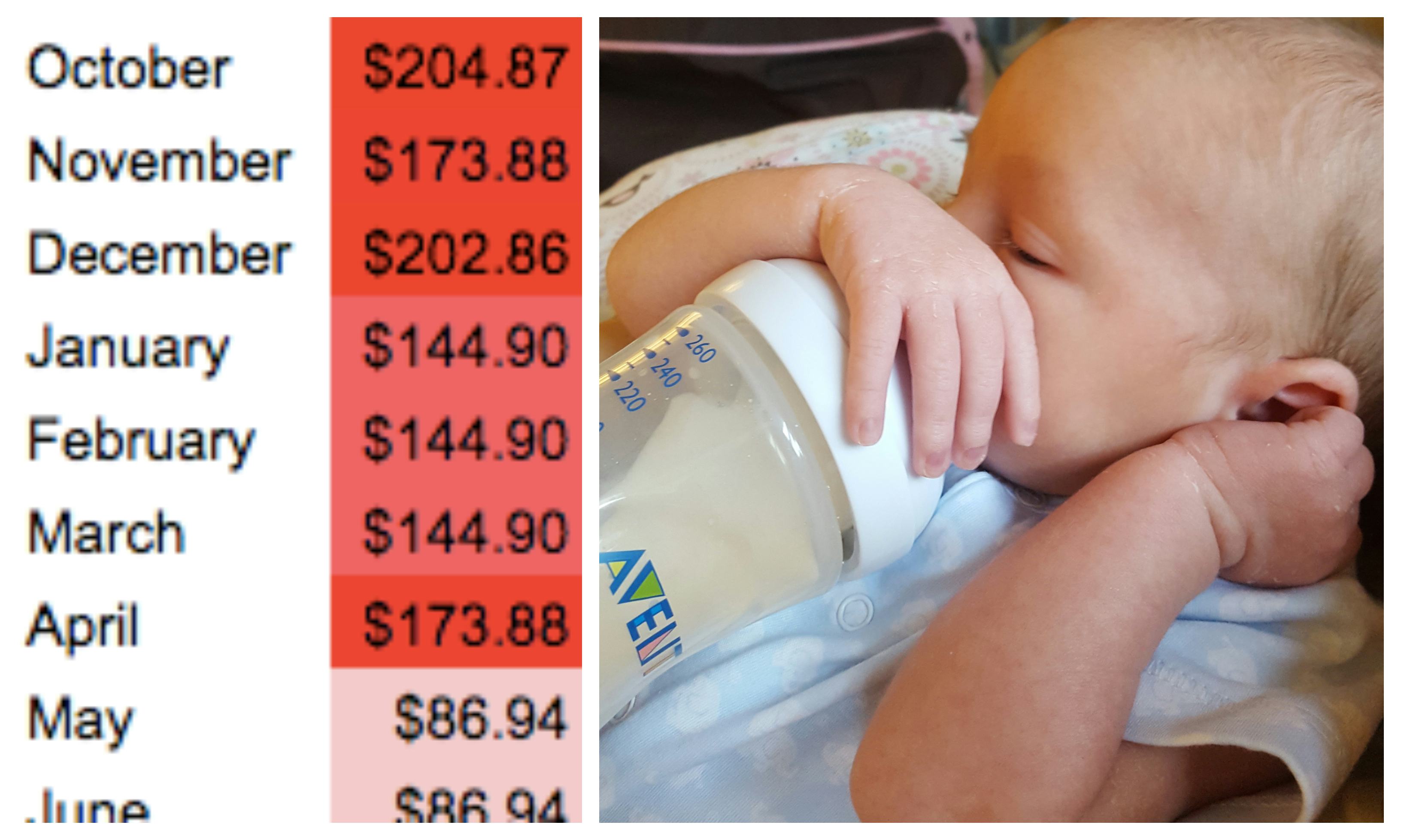 That way you can really see what effect each individual food has so you can isolate the diet problem.
That way you can really see what effect each individual food has so you can isolate the diet problem.
Gas
The next reason your baby may be crying is gas. Gas can also be known as a buildup of air swallowed while eating. In particular, bottle feeding can lead to your baby swallowing a lot of air during feeding. This will cause gas to be trapped in the stomach and will potentially lead to baby hiccups and discomfort for the baby.
In order to help prevent gassing in your baby, you may try to change or improve your breastfeeding position. Try to keep your baby upright after feeding. Also, allow your baby to burp gently from the bottom of their back and up through the shoulders to work the gas bubbles up and out of the body. Burping your baby can significantly reduce the chances of gassiness.
Formula
Not every baby gets fed directly from breast milk. For formula-fed babies, a change or switch of the formula you use may be your solution to your baby crying after feeding.
Every formula brand may affect each child differently, so trying a different formula for your baby may be a good solution to solving your babies crying problem. It is important to talk to your own baby’s pediatrician about whether some other formula options can be better for your child.
If you see no change or improvement by switching your baby’s formula, it is unlikely to help for any other brands.
Colic
Colic is also another reason why babies cry after feeding. Essentially, colic means persistent and excessive crying for a baby under 3 months old. More specifically, your baby is doing the following:
- Is crying a lot, for at least three hours a day
- The baby is crying at least three days per week or more
- Is under 3 months old
If all 3 of those boxes are checked, then your baby is likely colic.
Should You Breastfeed Every Time Your Baby Cries?
This is a question that is very popular among moms in regards to their baby and crying. For that reason, we wanted to address this directly because it seems to be a topic that is debated out there.
For that reason, we wanted to address this directly because it seems to be a topic that is debated out there.
In short, no. You do not want to breastfeed your baby every time he or she cries. Contrary to some beliefs out there, some babies cry because of a bloated stomach, gas, or some of the other reasons we talked about already in this article.
Ultimately, the best solution is to let your baby decide when she’s had enough milk. When your baby has had enough milk, it will give you signs to let you know it will be done feeding. Including stopping feeding or turning your head away.
How Do I Comfort a Crying Newborn?
Now that you know that you shouldn’t breastfeed every time your baby cries after feeding, I’m sure you’re also wondering how to comfort your crying newborn. With that being said, there are multiple ways to comfort a crying newborn when he or she cries.
Some of these ways include:
- Offer a pacifier for sucking – this can help your baby relieve stress without crying.
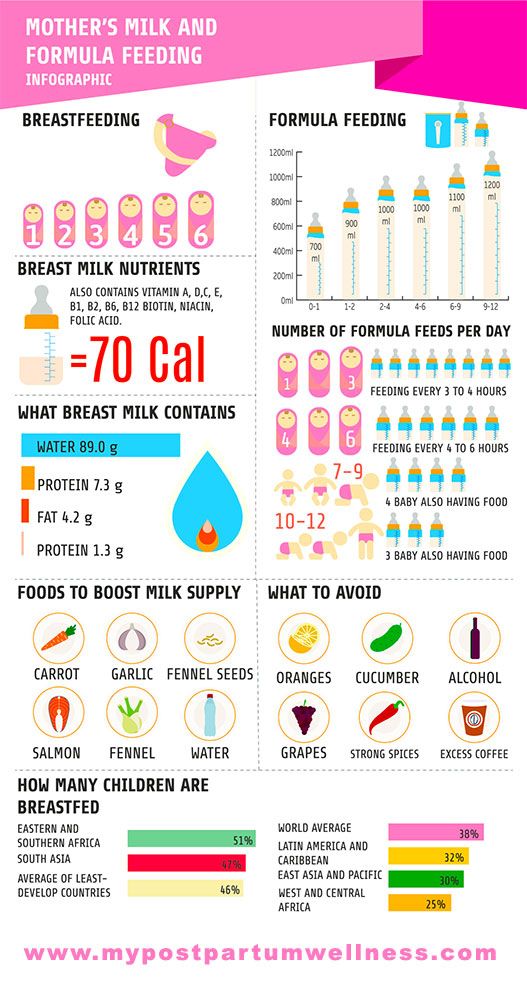
- Try gently rocking your baby – this can calm your baby down and relax them.
- Quietly singing to your baby – like rocking, singing may calm your baby and get them to stop crying. You can also put on a rhythmic song or music to have the same effect.
- Cuddle and hold your baby close – Touching, holding, and cuddling your baby makes your baby feel safe and secure. You can also put your baby in a blanket to get a similar effect.
- Try walking or taking your child out for a walk – this can result in a positive change in your child’s mood.
These are some of the main ways that you can comfort your baby when crying. As mentioned above, breastfeeding is not always the answer when your baby is crying. If your baby is crying and it has had enough feeding, try the things that we’ve listed above and see if it helps and improves your baby’s mood.
Why does My Baby Cry After Feeding – Key TakeawaysIf you’re thinking, “Why does my baby cry after feeding?” hopefully this article is helpful for you.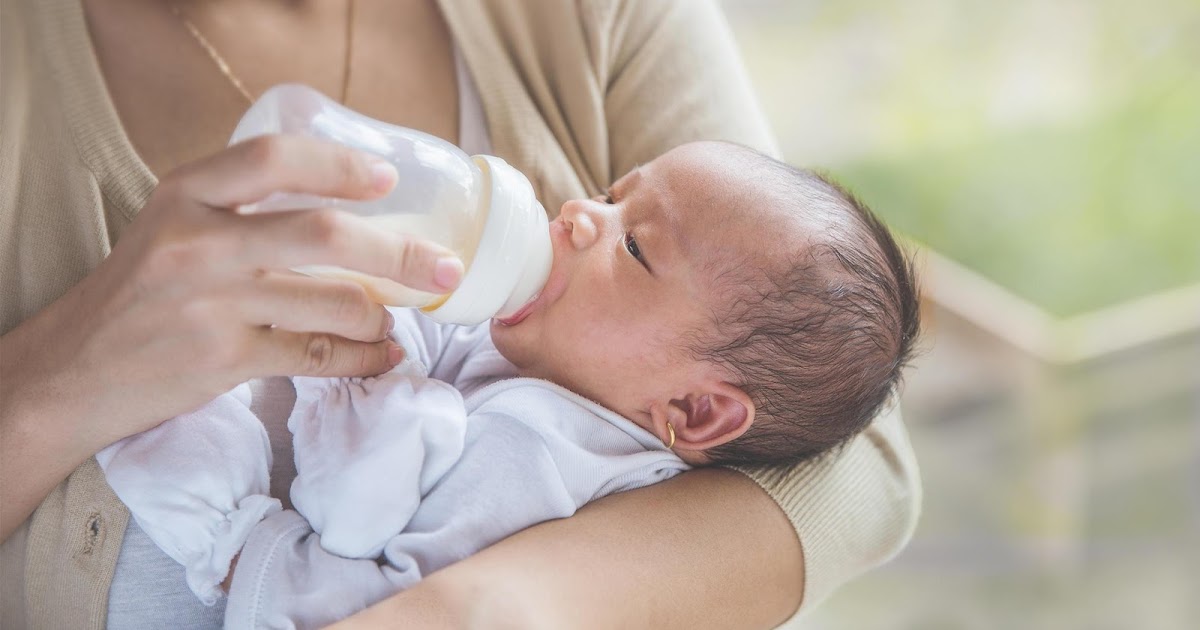 Knowing why your baby cries after feeding is extremely important for the health of your child. Some reasons why your fed baby cries after feeding can include acid reflux, food sensitivity/allergy, gas, formula, or colic.
Knowing why your baby cries after feeding is extremely important for the health of your child. Some reasons why your fed baby cries after feeding can include acid reflux, food sensitivity/allergy, gas, formula, or colic.
You should not breastfeed every time your baby cries. Instead, it’s best to let the baby tell you when it’s had enough flow of milk.
It’s also important to comfort your crying newborn when he/she cries.
Knowing how to answer the question “why does my baby cry after feeding” can help your breastfeeding experience and the health of your baby. Whether it is with bottle feeding, direct breastfed babies, your baby will be better off if you understand these basics.
If you’re looking to get the best high-quality breast pump, you can order our breast pump here. We offer a wide range of pumps with a ton of different insurances. Some insurances we cover include UPMC, Tricare, Aetna, and many others.
Baby Cries After Feeding: What Should I Do?
Medically reviewed by Karen Gill, M.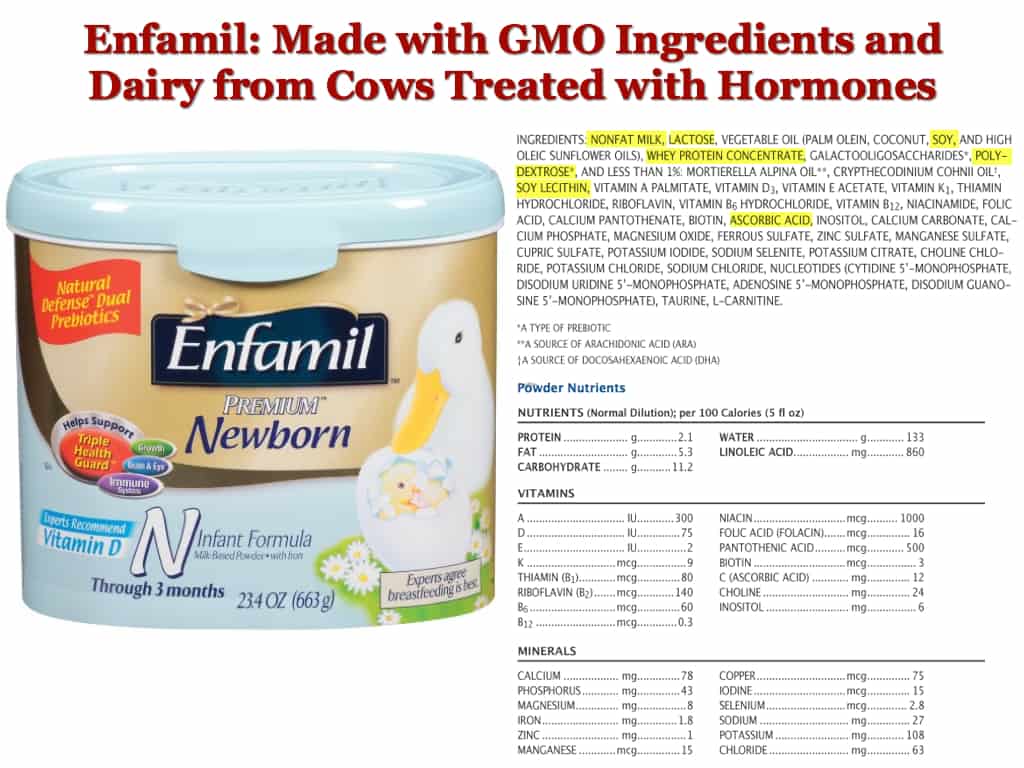 D. — By Chaunie Brusie on October 3, 2018
D. — By Chaunie Brusie on October 3, 2018
My daughter, the “crier”
My second daughter was what my oldest fondly referred to as a “crier.” Or, in other words, she cried. A lot. The crying with my baby girl seemed to intensify after every single feeding and particularly at night.
It was those hellish hours between darkness and dawn when my husband and I would take turns walking around the house with her in our arms, praying and, mostly in my case, sobbing because we couldn’t console our baby.
I didn’t know it then in my sleep-deprived state, but my daughter’s crying after feedings wasn’t that uncommon. In combination with her frequent spitting up, it was pretty much a classic textbook case of colic.
Colic
Colic, in technical terms, simply means a “crying, fussy baby that doctors can’t figure out.”
OK, so that’s not really the definition, but in essence, that’s what it boils down to. The British Medical Journal (BMJ) lists one criterion for colic: A baby that cries for at least three hours a day, three or more days a week, and is under 3 months old. Check, check, and check.
Check, check, and check.
There isn’t one single known cause of colic. Even the actual clinical incidence of colic, estimated by BMJ to be around 20 percent of all babies, can be tricky.
Acid reflux
One of those causes of crying after feeding and spitting up in babies is actually acid reflux. This condition is known as gastroesophageal reflux disease (GERD) if it also causes significant symptoms such as poor weight gain.
When my “crier” daughter was 5, she frequently complained of her stomach hurting and as a result, had to undergo a series of testing with a gastroenterologist, a doctor that specializes in the GI system.
At our first appointment, the very first question he asked me was if she had colic as a baby and if she spit up a lot, to both of which I practically shouted, “Yes! How did you know?!”
He explained that acid reflux or GERD can manifest as symptoms similar to colic in babies, stomach pain in school-aged children, and later as actual heartburn pain in adolescents.
While many infants spit up, fewer have actual GERD, which can be caused by an underdeveloped flap between the esophagus and stomach or a higher-than-normal production of stomach acid.
In most cases, a diagnosis of infant reflux is simply based on your baby’s symptoms. If your doctor suspects a severe case however, there are several different tests that actually diagnose infant reflux.
Testing can involve taking a biopsy of your baby’s intestine or using a special type of X-ray to visualize any affected areas of obstruction.
Food sensitivities and allergies
Some babies, especially breastfed babies, may be allergic to certain food particles that their mothers are eating.
The Academy of Breastfeeding Medicine notes that the most common offender is cow’s milk protein in the mother’s milk, but even a true allergy is very rare. Only about 0.5 to 1 percent of exclusively breastfed babies are thought to be allergic to cow’s milk protein.
The other most common culprits, according to the ABM, are egg, corn, and soy, in that order.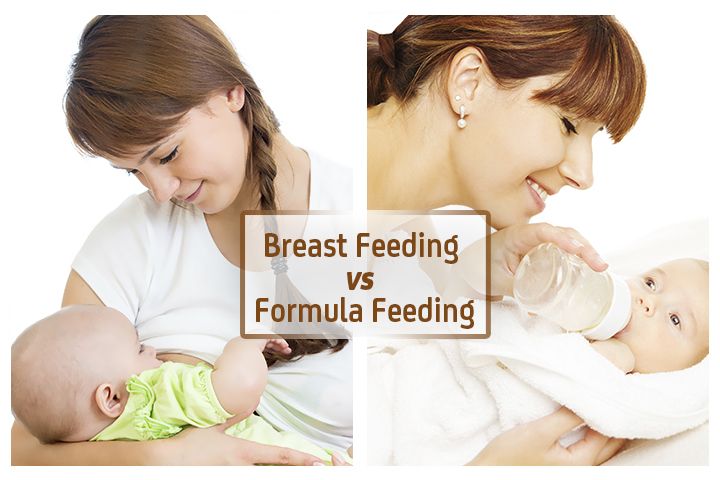
If your baby is displaying symptoms of extreme irritability after feedings and has other symptoms, such as bloody stools (poop), you should speak with your healthcare provider about getting them tested for allergies.
Aside from a true allergy, there’s also been some evidence that following a low allergen diet while breastfeeding (essentially avoiding those top allergy foods, such as dairy, eggs, and corn) may be beneficial for infants with colic.
Strict elimination diets can have their own risks, so speak with your doctor before significantly changing your diet.
In our situation, I found that dairy, caffeine, and certain seeded fruit exacerbated my daughter’s crying and spitting up. By eliminating those foods and substances from my diet, I was able to help lessen her discomfort.
If you have a baby with colic, you might want to try anything at all to help ease your baby’s crying. If you’re curious to see if your diet has any effect, you can start by logging your food in a food journal and writing down your baby’s reactions after each meal.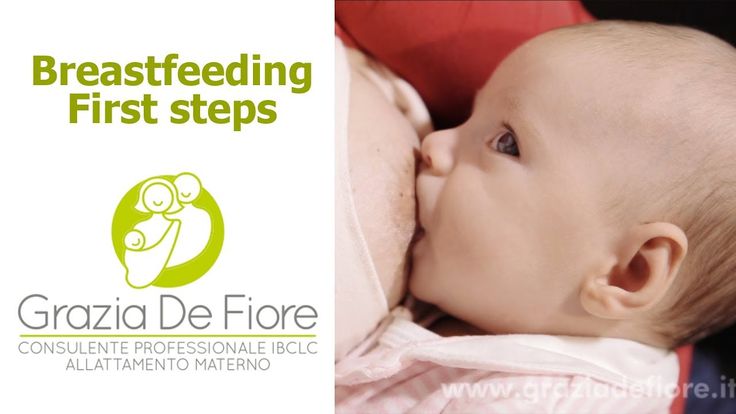
Next, you can eliminate one food at a time and see if reducing your intake of certain foods seems to make a difference in your baby’s behavior. If you hit on one you feel helps your baby to cry less, this does not mean they will not be able to eat that food in the future.
Just be sure to keep in mind that a true allergy is rare. Also, be sure to monitor for any additional symptoms, such as blood in your baby’s poop.
Gas
If your baby is crying a lot after every feeding, it may simply be a buildup of air swallowed while eating. It’s thought that bottle-fed babes in particular may be more prone to swallowing a lot of air during a feeding. This can trap gas in their stomachs and be uncomfortable.
In general, breastfed babies swallow less air while eating simply due to the way they eat. But every baby is different and even breastfed babies may need to be burped after a feeding.
Trying keeping your baby upright after a feeding and burping gently from the bottom of their back and up through the shoulders to work the gas bubbles up and out.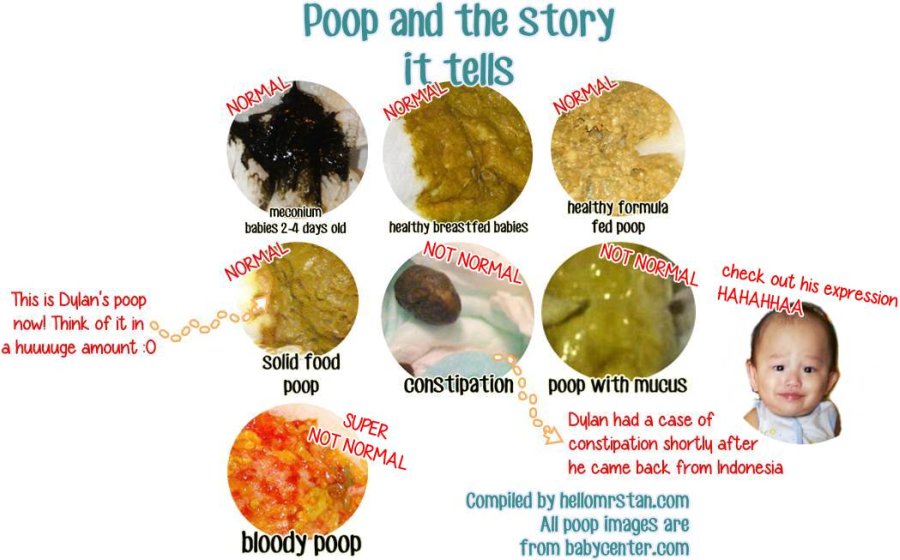 Also check out this illustrated guide to burping a sleeping baby.
Also check out this illustrated guide to burping a sleeping baby.
Formula
If your baby is formula-fed, swapping out the formula you use may be a simple solution to a crying baby after feedings. Every formula is a little bit different and certain brands make formulas for more sensitive baby tummies.
If you decide to try this, talk to your baby’s pediatrician about whether an elemental formula would be a good choice to try for a week. If you try one different brand and you see no change in your baby’s fussiness, continuing to try different brands is unlikely to help.
Takeaway
Colic, along with a few other common conditions, might be the culprit if you too have a “crier” on your hands.
If your baby doesn’t find relief after dietary changes or additional burping, then make an appointment to see their doctor.
Share on Pinterest
Chaunie Brusie, BSN, is a registered nurse with experience in labor and delivery, critical care, and long-term care nursing. She lives in Michigan with her husband and four young children, and is the author of the book “Tiny Blue Lines.”
She lives in Michigan with her husband and four young children, and is the author of the book “Tiny Blue Lines.”
Last medically reviewed on October 3, 2018
- Parenthood
- Baby
- 06 Months
How we reviewed this article:
Healthline has strict sourcing guidelines and relies on peer-reviewed studies, academic research institutions, and medical associations. We avoid using tertiary references. You can learn more about how we ensure our content is accurate and current by reading our editorial policy.
- ABM clinical protocol #24: Allergic proctocolitis in the exclusively breastfed infant. (2011). DOI:
10.1089/bfm.2011.9977 - Harrel MC, et al. (2015). Is there a correlation between maternal diet in breastfeeding mothers and infantile colic? DOI:
10.1097/01.EBP.0000541032.94135.ca - Mayo Clinic Staff. (2018). Infant reflux.
mayoclinic.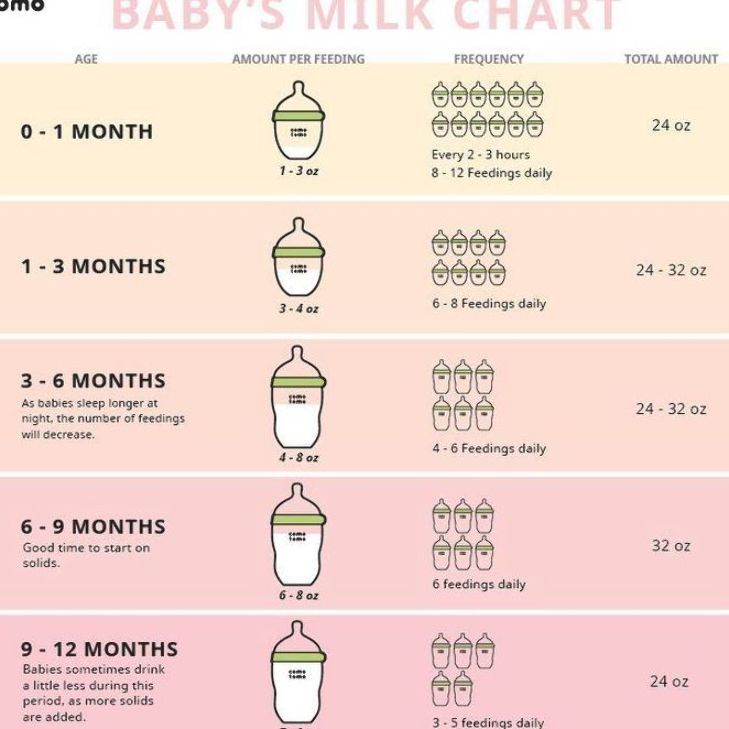 org/diseases-conditions/infant-acid-reflux/diagnosis-treatment/drc-20351412
org/diseases-conditions/infant-acid-reflux/diagnosis-treatment/drc-20351412 - Rosen LD, et al. (2007). Complementary, holistic, and integrative medicine.
pedsinreview.aappublications.org/content/28/10/381 - Saavedra MA, et al. (2003). Infantile colic incidence and associated risk factors: A cohort study. .
ncbi.nlm.nih.gov/pubmed/14502331 - Sung V, et al. (2014). Treating infant colic with the probiotic Lactobacillus reuteri: Double blind, placebo controlled randomised trial. DOI:
10.1136/bmj.g2107 - Symptoms & causes of GER and GERD in infants. (2015).
niddk.nih.gov/health-information/digestive-diseases/acid-reflux-ger-gerd-infants/symptoms-causes
Our experts continually monitor the health and wellness space, and we update our articles when new information becomes available.
Current Version
Oct 3, 2018
Written By
Chaunie Brusie
Edited By
Nizam Khan (TechSpace)
Medically Reviewed By
Karen Richardson Gill, MD
Share this article
We find out and eliminate the causes of the crying of the child.
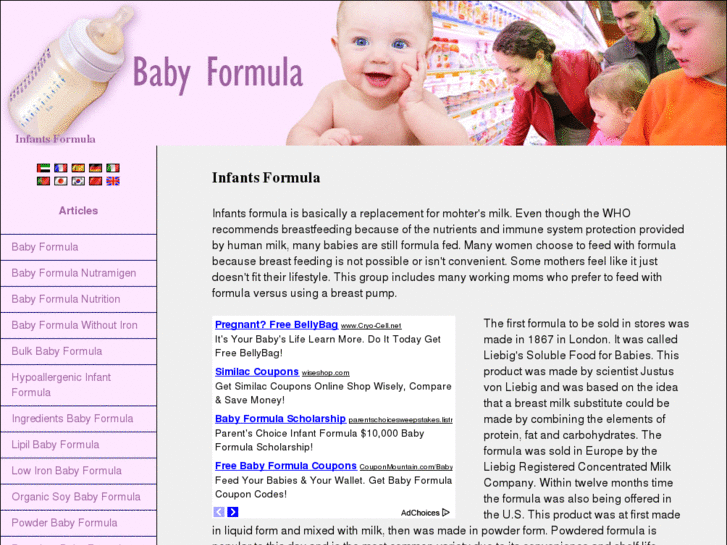 Baby cries after formula feeding - causes
Baby cries after formula feeding - causes Many mothers face a serious problem - after formula feeding, the baby begins to cry.
Infant crying is always a cry for help, and in order to provide it, it is important to understand the reasons for such behavior of the baby.
Reasons why a newborn cries after formula feeding
All causes of crying in children after feeding can be divided into three groups:
- Physical disturbances, such as dirty diapers, bright lights, being overheated or cold.
- Physiological discomfort, this group includes colic, otitis media, thrush and others.
- Psychological discomfort is the lack of mother's attention, the need for closer contact with her.
Let's analyze all the reasons in more detail
1. The most common cause of crying in babies after feeding in the first months is colic , namely the accumulation of gases. In addition to screaming, the baby begins to tighten his legs, close his eyes.
Colic occurs in most children between 0 and 3 months of age. Parents will have to be patient, as there is no universal cure for them. The doctor may prescribe medications, it is also recommended to massage, apply a warm diaper to the tummy.
2. It is important to pay attention to how the baby eats. If he swallows air , most likely, after eating, he will also cry, because then an air bubble forms in the stomach and causes serious discomfort to the baby.
3. Another common cause is too much appetite, that is, the baby swallows a lot of milk, which causes a gag reflex. The child gets scared and starts crying. In such a situation, you need to calm the baby and only then continue feeding.
4. When feeding with mixtures, it is not uncommon for mothers to overfeed their children. When overeating, stomach pains occur, and the baby tries to communicate them to parents by crying. Of course, all children are different, but in general, recommendations for the amount of mixture for babies of the same age are the same.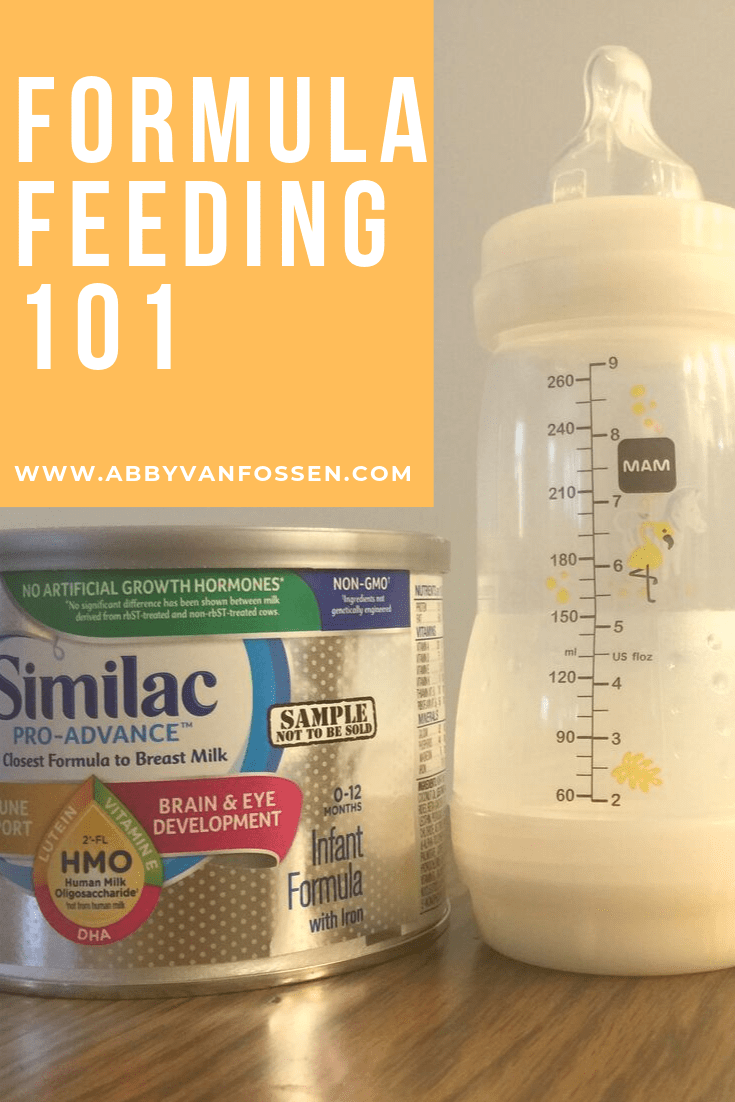 Check with your pediatrician to see if your child is overeating.
Check with your pediatrician to see if your child is overeating.
5. The reason to see a doctor is crying with an attempt by the baby to scratch the ear or touch it. Most likely, eating provokes an exacerbation of pain in a child with otitis media - inflammation of the ear. In such a situation, you can not do without the help of an otolaryngologist.
6. If you notice a white coating in your baby's mouth, it's thrush. After eating, it worsens and causes discomfort in the child. A doctor will help get rid of it, but for now you can feed the baby from a spoon.
In the case of infant formula, the reason for this is that the bottle is not properly held. It should be at an angle to the baby so that the nipple is completely filled with the mixture and the baby does not swallow air.
If the hole in the nipple is large, replace it with another with a smaller hole so that the baby does not choke.
Serious reasons to see a specialist include the following reasons for crying:
- diseases of the digestive tract,
- intestinal infections (accompanied by loose stools, fever, vomiting),
- migraine with increased intracranial pressure (with migraine, the child often behaves in the same way as with colic).
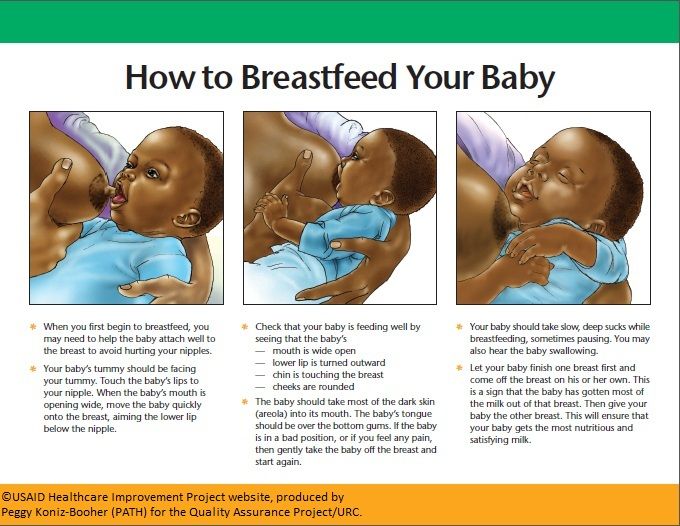
Unfortunately, it will be difficult for parents to recognize these diseases without the help of a doctor, so do not be too lazy to take the necessary tests at the clinic and consult with specialized specialists.
- Before and after feeding, lay the baby on his stomach for a few minutes, and after feeding, hold the “column” of the stomach towards you so that he burps excess air.
- Ask your doctor if you can change the mixture. Often this helps solve the problem.
- Use quality, unexpired formulas and bottles and teats from reputable brands.
Remember that all difficulties are temporary, and careful attention to your baby will certainly help to overcome them.
The long-awaited meeting of mother and baby took place, everything seemed to go as it should. But why is the baby crying? A new mother is not always clear. Only after some time, the mother will be able to understand her baby by intonation, duration of crying and other criteria.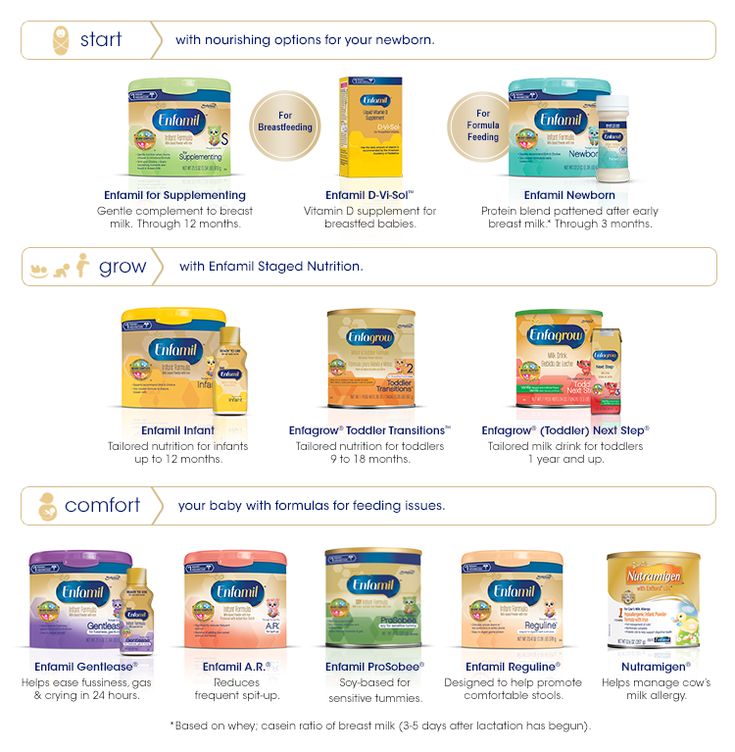 Already in the second week, you can notice that in each situation the newborn cries differently.
Already in the second week, you can notice that in each situation the newborn cries differently.
Very important Causes Crying a lot
miracle hiccups
Newborn Baby suffers from hiccups
There are a great many reasons for crying. Here are just the most basic of them, which are not related to the baby's health problems:
- hungry;
- wet diaper, diaper, clothes;
- awkwardly positioned, tight clothing or seams;
- cold or hot;
- has diaper rash on the skin;
- tired, sleepy;
- wants to chat;
- afraid when peeing or pooping - incomprehensible process;
- they put him to bed, but he does not want to sleep;
- just like that - to attract attention.
It is very important to determine the cause of crying
The following table will clearly show why a newborn cries and how a mother or a nanny can help him. Here are the most common causes and their main symptoms.
| Reason for crying | Symptoms | Help |
| Baby is hungry | Such crying is accompanied by a prolonged cry, while the child may blush, usually pulls his hands to his mother | Feed, caress |
| Wet diaper or diaper | The baby is whimpering, sometimes stronger, sometimes weaker, continuous whimpering. May have hiccups | Change the diaper, change into dry clothes, warm on the handles |
| Uncomfortable position | Such crying begins with a whimper, then the child begins to scream, waving his arms and legs, trying to move into a more comfortable position | If the baby is in a diaper, re-swaddle. At first, you can try just to change his position |
| The child is hot | The child whimpers, the skin may be slightly reddened, a rash may appear. The baby is trying to get rid of diapers or clothes | Remove one layer of clothing, take off the cap, in hot weather, wipe with a wet diaper |
| The child is cold | The newborn in this case cries piercingly with gradual calming, hiccups may appear at the end. Another sign is that the skin of the abdomen, chest or back is cool. Another sign is that the skin of the abdomen, chest or back is cool. | Dress warmly, cover with a blanket |
| Newborn cries a lot during feeding (otitis media, inflammation of the oral mucosa, stuffy nose) | Eagerly swallows the nipple, immediately begins to cry sharply, throws his head back | For all three reasons, a doctor is called. And nasal congestion is removed with the help of a “pear”, then you can continue feeding. |
| Newborn cries a lot after feeding | Curls legs to tummy, frowns forehead, frowns, cries plaintively | First, you need to check if the baby is properly attached to the breast. Does it involve the entire areola of the nipple or just the nipple? When he eats, no strong smacking should be heard. Secondly, after each feeding, you need to vilify him with a “column” for 15-20 minutes. |
| Newborn cries from intestinal colic | Accompanied by a very high-pitched scream with breaks of 5-20 minutes.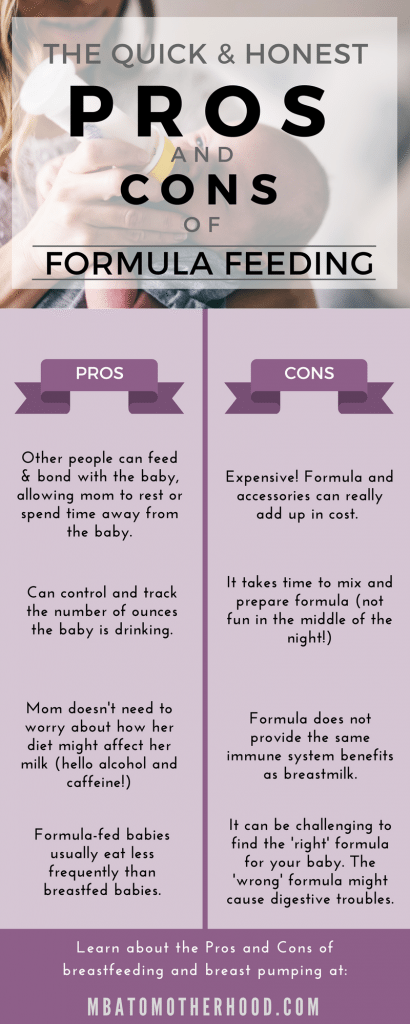 | Warm up your baby's tummy by placing it against your tummy or by placing it on a heating pad. You can fold it several times, iron the baby diaper and also attach it to the baby's tummy. After feeding, the baby is given to drink dill water or special children's preparations that can be bought at the pharmacy |
| Skin diaper rash | Redness, sores, peeling in the groin or on the buttocks | Treat with special agents (oil, powder, cream). Change your diaper or diaper more often |
| Newborn cries before going to pee | Calms down a little, as if listening, and immediately begins to cry | Call a doctor |
| When pooping | Defecation accompanied by intense reddening of the face along with loud crying | Give water during the day if the child is formula-fed or formula-fed Constipation can be helped by irritating the child's anus with the sharp tip of a thermometer lubricated with sunflower oil.  You can enter a maximum of 1 cm! You can enter a maximum of 1 cm! |
| The kid is just tired | It's more like whimpering than crying | shake, put to sleep |
| teething | Drooling. Bites fingers, refuses to breastfeed, appetite disappears, sleep is disturbed | Gently massage gums, chew cold teether, lubricate with special ointments for gums |
| Wants to chat | Then the newborn does not cry all the time, but as soon as the mother disappears from sight, and immediately calms down when she appears | Pick up, sing a song |
| Does not want to sleep | Naughty, gets out of the diaper | Undress, let a little walk |
| Excitable nervous system | Crying for no reason | Remove loud sound, bright objects, walk outside more often. Contact a neurologist |
Do you suffer from colic?
Colic is one of the main causes of children's crying.
There is still no definite opinion why they occur in a child. What it is: gas formation in the digestive system or the baby simply cannot control his emotions, maybe he is overly sensitive to everything around him.
The main sign of colic is that the newborn is pushing and then crying. Crying continues continuously, for a very long time for no apparent reason. This anxiety begins mainly in the afternoon, it lasts until the evening, but it may well be around the clock. Therefore, speaking about why a newborn baby is constantly crying, we can safely assume that the reason is intestinal colic.
Outward signs show that:
- the baby presses his knees to his tummy;
- its cams are compressed;
- he starts to get very active.
The child's eating and sleep are disturbed, it is no longer about how to calm the awake baby, the newborn is already crying in his sleep. It happens that he wakes up, looking for a breast only to refuse it with tears as soon as he starts to eat. And when he falls asleep, he wakes up with even louder cries.
And when he falls asleep, he wakes up with even louder cries.
This painful period begins when the crying of a newborn occurs with or without reason at about 2-3 weeks of life and lasts up to 2-3 months. By the end of this period, the crying gradually disappears, everything miraculously calms down, a calm life begins.
When to see a doctor?
Very often, on women's forums, mothers are interested in why their newborn baby cries during urination. Of course, there may not be a problem - often crying during this process is due to the child's fear of everything new and unknown. But the cause can be much more serious things:
- infectious diseases of the genitourinary system;
- malposition of the foreskin.
The reasons for the baby can be completely different
In one situation or another, you need to see a doctor, who will probably send you to take urine and blood tests, and only then will make a diagnosis.
You should also call your doctor if your newborn pushes and then yells.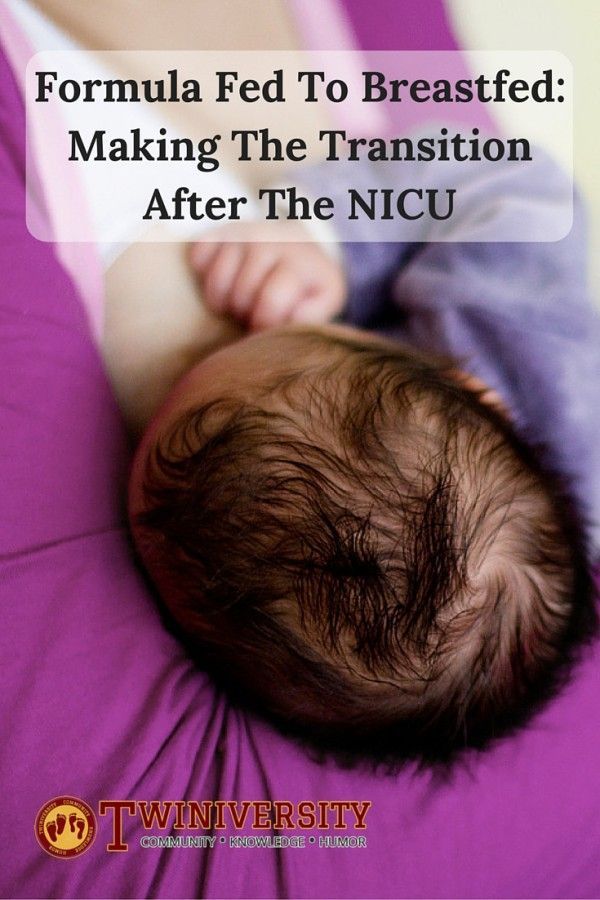 Perhaps he suffers from constipation and gas formation, and the doctor will help you choose a diet for mom, or baby food for a child. Be sure to pay attention to the baby's stool and compare it with the food he eats.
Perhaps he suffers from constipation and gas formation, and the doctor will help you choose a diet for mom, or baby food for a child. Be sure to pay attention to the baby's stool and compare it with the food he eats.
Symptoms of flatulence, along with loose or sour stools, lasting for several days, are a serious reason to consult a pediatrician.
Why not ignore?
How many child psychologists in the world, so many opinions about causeless crying in children and methods of dealing with it. It would be best to figure out why the newborn is restless while playing or sleeping, while eating or walking.
Our grandmothers were advised not to approach a crying child for 20 minutes, so that he would cry. Today's pediatricians are convinced that when a child cries, a stress hormone is produced that has a detrimental effect on his brain. Scientists in this field tested the saliva of a crying child and found in it a large amount of the hormone cortisol, which is very dangerous for the baby's fragile brain.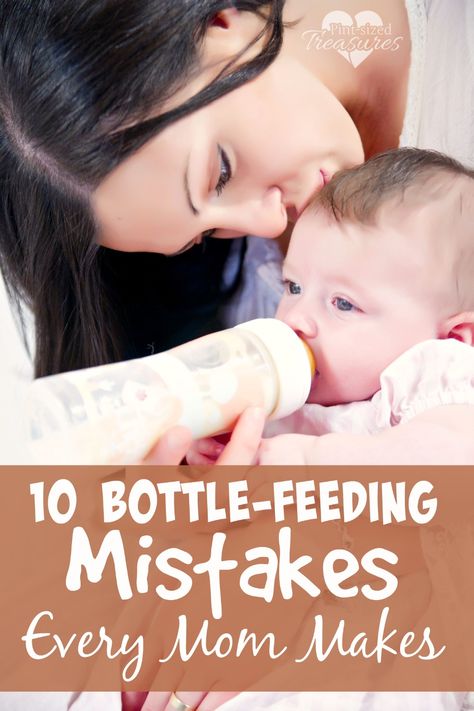 Nature considered crying as a natural way for a child to draw attention to himself during that period of his life, when he still does not know how to speak.
Nature considered crying as a natural way for a child to draw attention to himself during that period of his life, when he still does not know how to speak.
Crying loudly after feeding
If the world around the child is so cruel that no one pays attention to crying, then the baby will soon completely stop using this natural method. In the near future, the parents of such a baby will not think about how to calm their newborn when he cries, but about how to rid him of fears, because they will haunt the baby from everywhere.
It is quite common for a newborn to cry while waiting for feeding, letting the mother know that he is hungry. Usually, after feeding, the baby peacefully falls asleep right at the breast, and the mother has a minute to take care of herself. Therefore, a child who starts crying after eating is alarming for parents. Let's figure out why the baby cries after feeding, what causes crying and what parents should do in this case.
Of course, the baby cries not just for nothing, but because something is bothering him.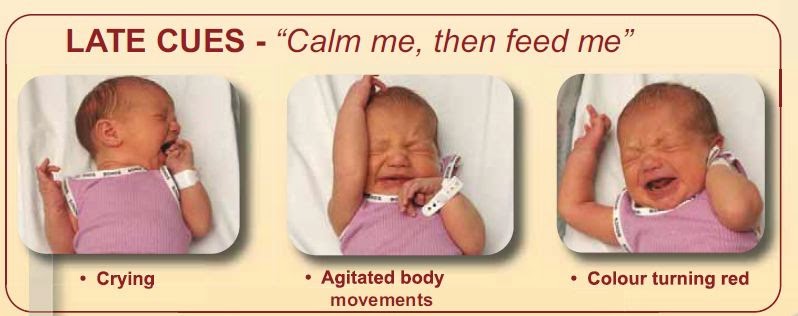 If the mother cannot independently find out the cause of crying, and even more so if the situation repeats itself many times, she has to turn to a pediatrician for help. But the doctor, having observed the baby for a rather short period of time, will not always be able to establish the true cause of crying. Of course, an experienced doctor will try to immediately eliminate the most likely causes of anxiety, but this is not always possible. In this case, the parents themselves will have to observe the baby and determine the cause of crying.
If the mother cannot independently find out the cause of crying, and even more so if the situation repeats itself many times, she has to turn to a pediatrician for help. But the doctor, having observed the baby for a rather short period of time, will not always be able to establish the true cause of crying. Of course, an experienced doctor will try to immediately eliminate the most likely causes of anxiety, but this is not always possible. In this case, the parents themselves will have to observe the baby and determine the cause of crying.
Common causes of crying in babies
If the diapers are dry, there are no irritating factors for the baby, but after feeding the baby is still crying, then you should try to find out what is bothering him. The following are the most common causes that may cause anxiety in the crumbs. Mom should carefully observe the baby and find out what prevents him from enjoying the meal.
1. Intestinal colic. During the first months of a baby's life, as long as the work of the gastrointestinal system has not yet improved, he is often disturbed by colic.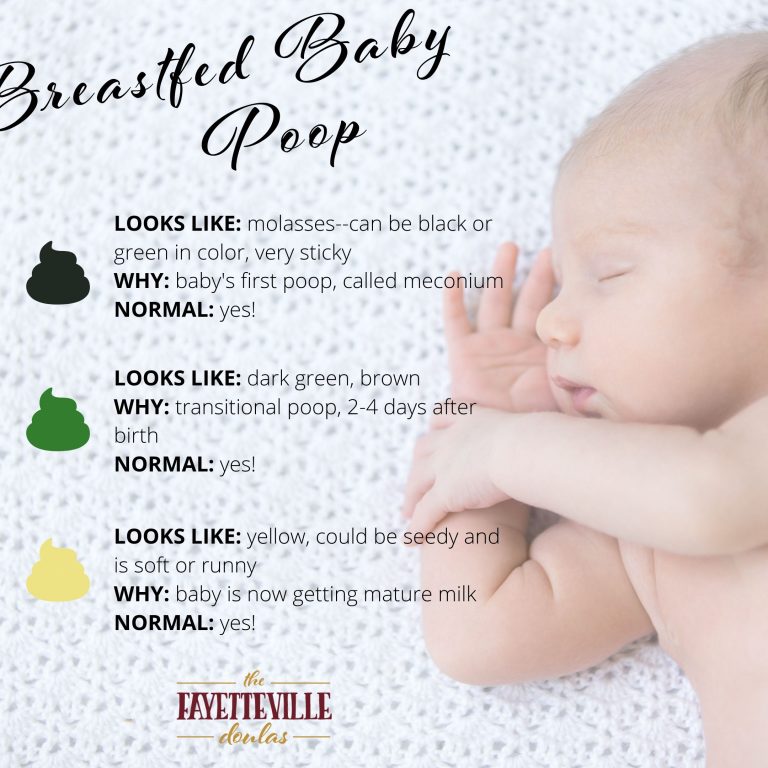 If the baby closes his eyes, often pulls his legs, then, most likely, he is tormented by gaziki. In this case, it is necessary after each feeding, and it is possible during it, to place the crumbs in an upright position and hold it for a while, making it possible for excess air to leave the stomach. Excessive gas formation can provoke a large amount of sugar in the mother's diet, which, getting into the baby's milk, enhances the fermentation processes. The doctor may recommend the use of drugs that enhance intestinal motility and relieve spasm. From the third week of life, you can give newborns fennel water.
If the baby closes his eyes, often pulls his legs, then, most likely, he is tormented by gaziki. In this case, it is necessary after each feeding, and it is possible during it, to place the crumbs in an upright position and hold it for a while, making it possible for excess air to leave the stomach. Excessive gas formation can provoke a large amount of sugar in the mother's diet, which, getting into the baby's milk, enhances the fermentation processes. The doctor may recommend the use of drugs that enhance intestinal motility and relieve spasm. From the third week of life, you can give newborns fennel water.
2. Feeling of hunger. The child may begin to act up if the milk in the breast has already ended, and the feeling of satiety has not yet come. If the baby is actively pulling on the nipple and is angry, then most likely he needs additional nutrition. In this case, you should give him a second breast if the baby is breastfed, or supplement with milk formula if he is artificial.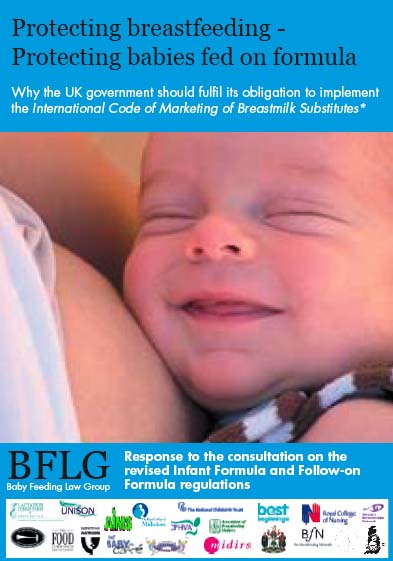
3. Overeating. There is an opinion that a child will never eat more than he needs. However, it is not.
Some babies cannot stop in time and continue to suck even when their stomach is full.
Formula-fed babies are especially prone to overeating. Therefore, it is very important when feeding such babies to adhere to the regimen and age norms. If, after reducing the portion of the child, the pain in the tummy ceases and the crying stops, then overeating was the cause of concern. When breastfeeding, it is difficult to control the amount of food, so the child should be removed when he begins to sluggishly draw milk.
4. Fright. If the baby, who had eaten, relaxed and almost fell asleep to frighten with a sharp sound, then most likely he will cry. See if your child is worried about extraneous sounds that you may be used to and do not pay attention to. In this case, you can stop crying by gently lulling the baby or motion sickness.
5.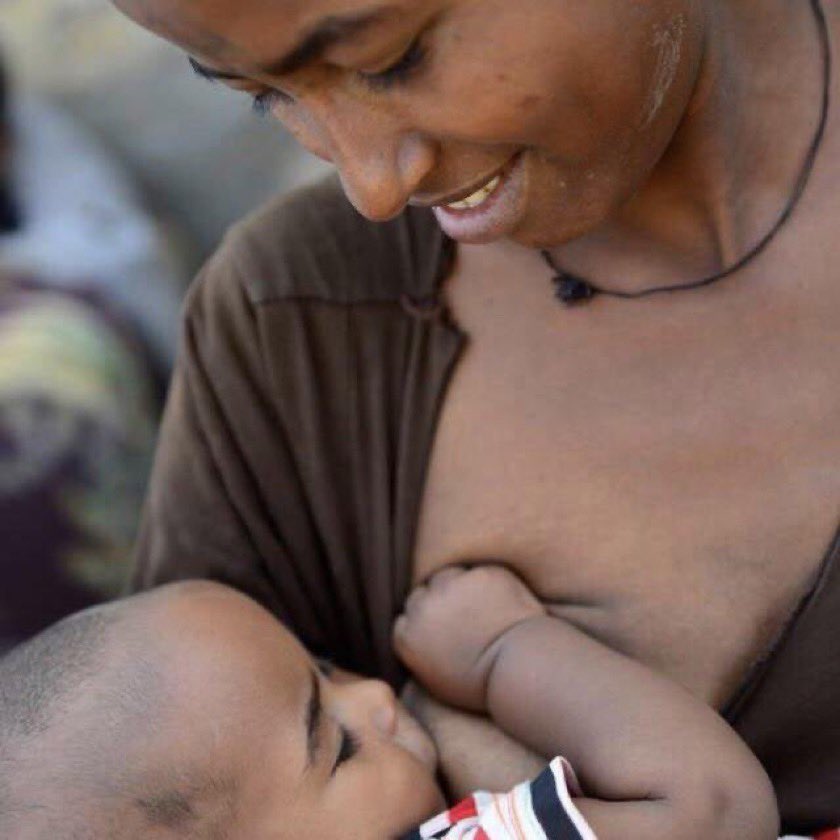 Inflammatory process in the oral cavity. Perhaps your baby is worried about stomatitis or thrush, which cause pain while sucking on a breast or nipple. If there is a white coating in the baby's mouth, you should consult a doctor. In this case, he usually advises feeding the child with a small spoon so as not to irritate the mucous membrane once again, and prescribes treatment.
Inflammatory process in the oral cavity. Perhaps your baby is worried about stomatitis or thrush, which cause pain while sucking on a breast or nipple. If there is a white coating in the baby's mouth, you should consult a doctor. In this case, he usually advises feeding the child with a small spoon so as not to irritate the mucous membrane once again, and prescribes treatment.
6. Inflammation in the middle ear. If, during or after feeding, the baby touches the ear, and after touching it cries from pain, then most likely it is an inflammation of the ear. During eating, the pain becomes stronger, as during swallowing the pressure on the middle ear increases. When you press the ear or pull back the auricle, the pain sensation sharply increases, the body temperature often rises. If a mother suspects an ear infection in a baby, you should urgently consult a doctor, as this disease is very dangerous for young children and causes very severe pain. You can slightly reduce the pain by applying a heated diaper to the ear and laying the child on the same side from which the ear hurts.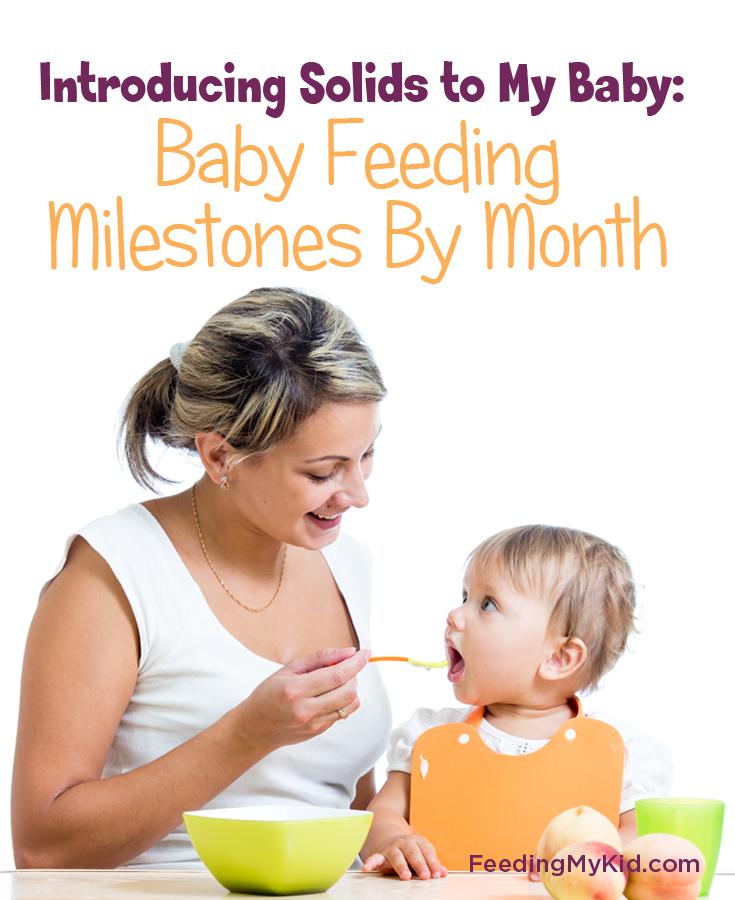 The doctor, having confirmed the diagnosis, will immediately prescribe drops and, possibly, antibiotics.
The doctor, having confirmed the diagnosis, will immediately prescribe drops and, possibly, antibiotics.
Feeding system for children over 6 months
7. Heat, cold, fatigue. Check if the baby is cold, if she is hot. Maybe the baby is naughty due to overwork.
We looked at the most common causes of crying in babies after or during feeding. It is possible that something else is bothering your baby, try to determine the cause as soon as possible. After all, who can better understand a newborn than his loving, caring mother.
Newborn babies immediately after their appearance in this world make their first cry. If a child cries, this means that all physiological processes are occurring correctly. Babies often cry in order to attract the attention of adults, there are different types of crying, which actually depend on the very reason, that is, the problem that the baby's parents must solve.
This is a normal process, because a baby cannot talk, and with a close relationship between mother and baby, the mother will always understand what is happening with the baby, what he asks.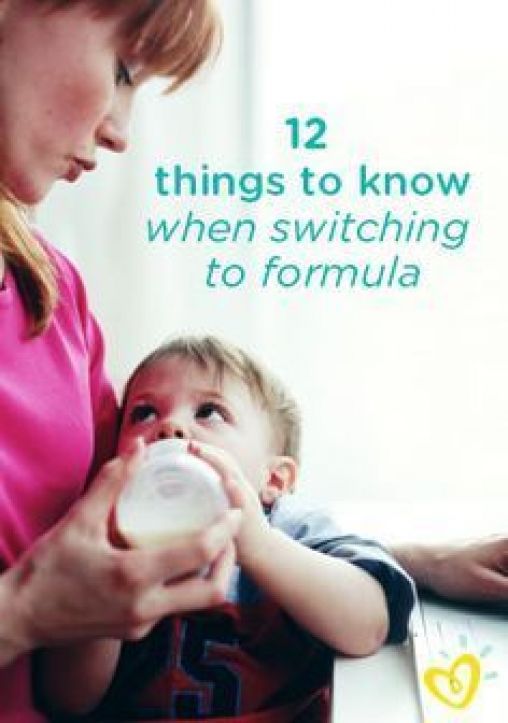 If the baby cries after feeding, then it is important to determine the type of crying and take appropriate measures in a timely manner.
If the baby cries after feeding, then it is important to determine the type of crying and take appropriate measures in a timely manner.
Types of crying
Of course, crying can be due to anything, but experts, depending on the cause, distinguish these types:
- Hungry crying;
- When a child is in pain;
- Feeling of discomfort - this happens if the child is lying uncomfortable or has wet diapers, his legs itch, the diaper is uncomfortable and other reasons;
- The kid is frightened or afraid of something;
- Whims - this is when a child wants to be scolded on the handles or paid attention to him.
How to understand what is the reason?
They say that you can recognize why a baby is crying by the sound, caring mothers acquire this ability over time. It is also important to know when the baby is crying, what preceded the crying. If the baby cries when he is worried about the feeling of hunger, then most likely he will not calm down and the mother can understand this in time. If feeding is done on time, then it is normal when the baby cries 3 to 4 hours after feeding. This is not even crying, but a call, he calls his mother to feed him. As a rule, newborn babies and babies up to 2-3 months behave very calmly and it is easy to understand what caused their discontent .
If feeding is done on time, then it is normal when the baby cries 3 to 4 hours after feeding. This is not even crying, but a call, he calls his mother to feed him. As a rule, newborn babies and babies up to 2-3 months behave very calmly and it is easy to understand what caused their discontent .
How does the child behave when crying?
It is very important to monitor your baby's behavior while he is crying. This can help loved ones understand his signals. So, for example, if the baby cries after feeding, you should follow what he is doing. He can:
- Press the legs to the tummy;
- Unscrew, turn over;
- Crying may increase or be quieter;
- By the facial expressions of the baby, one can understand that something hurts him - he frowns every now and then, takes offense.
All of these signals may indicate that the baby has a tummy ache. The reason is very simple - gaziki in the ventricle, which cause "colic". Every young mother is familiar with this problem, just not everyone constantly faces it. Often occurs due to the fact that when the baby eats, he can swallow air . The reason for this may be the ignorance or inability of the mother to feed the child so that he does not smack. Almost every infant has cried after feeding for this reason.
Often occurs due to the fact that when the baby eats, he can swallow air . The reason for this may be the ignorance or inability of the mother to feed the child so that he does not smack. Almost every infant has cried after feeding for this reason.
What should parents do if they want to help their baby?
If young parents know how to eliminate this pathology, then very quickly they will do everything to help. To do this, you can and should purchase a special remedy for colic for newborns at the pharmacy. The most famous "Espumizan" or "Kolikid" can be noted. These medications are safe for the child and instantly eliminate the cause of colic. It is worth noting that these are not the only means, you can find less "advertised", not inferior in quality, but at a much cheaper price.
Parents' behavior also requires some adjustment, there are some special actions that can help the baby, relieve him of pain. What to do?
- Do not rush to put the baby to bed immediately after feeding, it is better to walk with him for several minutes without pressing the tummy.

- You can iron the diaper to keep it warm and put your baby on it with your tummy, or you can lean your baby's tummy against your body. The child will feel warm and it will be much easier for him to endure this pain.
- Give your baby a tummy massage - counterclockwise in the navel area with light massage strokes.
- A more drastic measure is the chamomile enema, it is not recommended to do this very often, only when nothing can calm the baby.
A young mother should also understand that a baby may cry due to overeating . This often happens in infants who are on a mixed form of feeding or completely artificial. Mom does not know the measure of the baby. And the child did not understand that he had already eaten.
Preventive measures
Parents who feel for the baby and take care of him constantly, can alleviate such conditions for him. The main preventive measure is the correct attachment of the baby to the breast .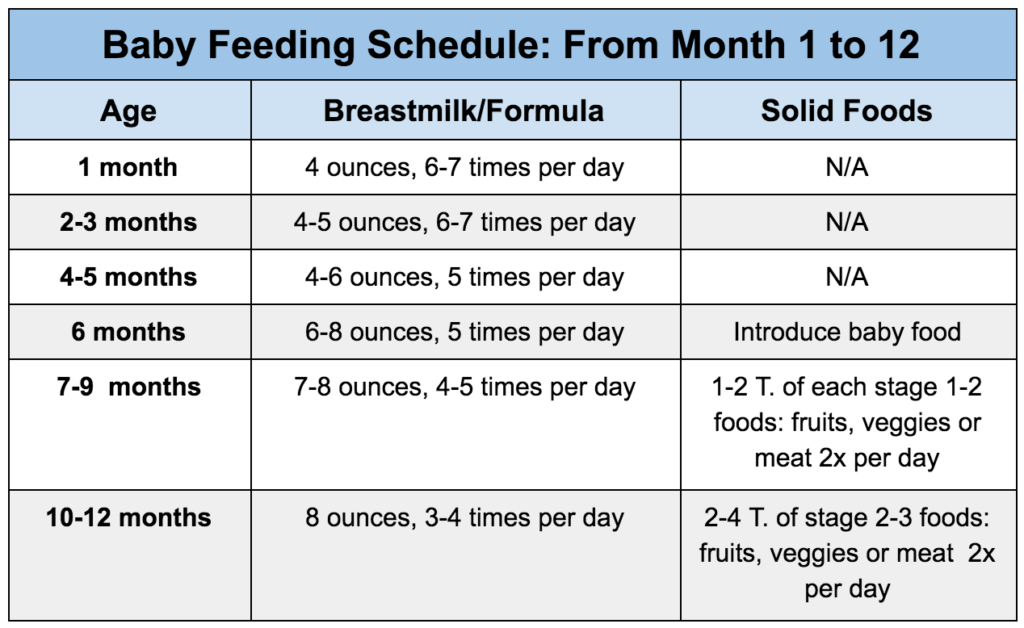 An infant should grasp the breast well so that air does not enter the tummy during feeding with milk.
An infant should grasp the breast well so that air does not enter the tummy during feeding with milk.
Make sure that the baby eats his norm, for each certain age there is an approximate norm for how much a child should eat. Also, the mother during lactation should adhere to a certain diet, since the introduction of new foods, especially legumes or cabbage, can cause increased gas formation in the baby.
All mothers often experience baby crying. Some children thus show that something is bothering them, others are trying to attract their mother's attention, because do not forget that in the first year of life, crying is the only way of communication that is available to babies. Often the baby cries after feeding and the reason for this can be various factors.
Colic
The most common reason a baby cries after eating is colic. Colic, or the accumulation of gas in the baby's tummy, is most common in the first three months of life. Why is this happening? This phenomenon is observed for the reason that the digestive system of the child has not yet been fully formed.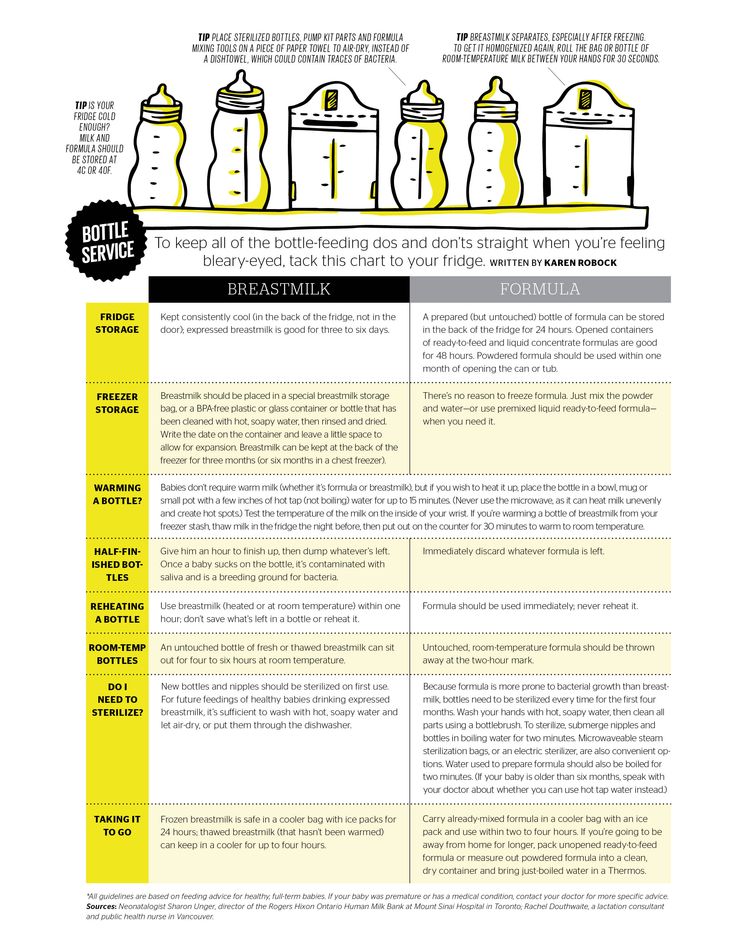 To ease the suffering of the child, after feeding it can be held upright. In this position, the little one gets the opportunity to burp the excess air that has entered the digestive tract along with milk. Recognizing colic is extremely simple. If the baby is worried about the accumulation of gas, then the following phenomena will be observed:
To ease the suffering of the child, after feeding it can be held upright. In this position, the little one gets the opportunity to burp the excess air that has entered the digestive tract along with milk. Recognizing colic is extremely simple. If the baby is worried about the accumulation of gas, then the following phenomena will be observed:
- shrill scream bordering on a screech;
- clenched handles;
- attempts by the baby to knock with his feet;
- frowning forehead and closed eyes;
- attempts to arch the body;
- tension in the whole body;
- short breath holdings.
Important baby to breast. In order for the child not to suffer from colic and so that he does not capture excess air with food, he must correctly take the breast or nipple when feeding with a mixture. Incorrect gripping of the breast or nipple can be the result of the inexperience of the mother or too high activity of the child, who, from hunger, eagerly and quickly tries to get enough.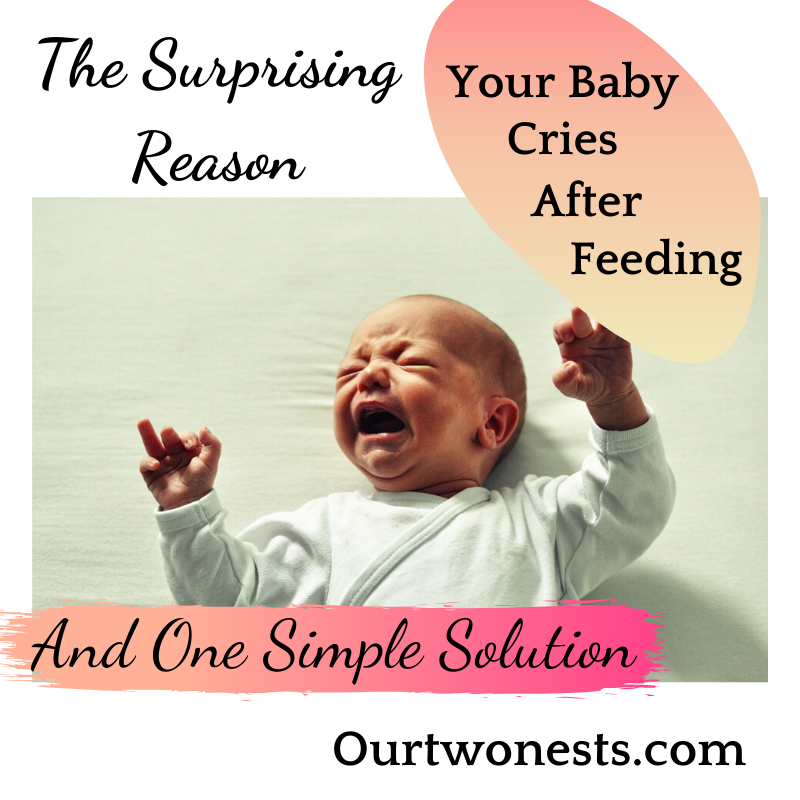 In this case, you can ask for advice from a pediatrician or breastfeeding consultant, who will tell you exactly how to breastfeed. In the case of artificial feeding, you can buy a special anti-colic nipple, which will prevent excess air from entering the stomach.
In this case, you can ask for advice from a pediatrician or breastfeeding consultant, who will tell you exactly how to breastfeed. In the case of artificial feeding, you can buy a special anti-colic nipple, which will prevent excess air from entering the stomach.
Svetlana, 31 years old: My daughter started crying frequently after breastfeeding at the age of 3 months. For a long time we could not understand the reason, it turned out to be colic. We were helped by the advice to carry the baby in her arms “tummy to tummy”, so that the belly of mom or dad would warm the baby’s belly. After some time of wearing such colic, my daughter passed and fell asleep.
Other causes of colic can also occur. For example, malnutrition of the mother. It is known that mothers who like to eat sweets before feeding are more likely to complain about the child's anxiety. Why can't you eat sweets? It must be understood that sweet only enhances all fermentation processes, so eating a piece of cake before breastfeeding will almost certainly lead to colic in the baby.
Baby crying after feeding may also be caused by the fact that there were many distractions in the process. If loud music sounded somewhere nearby, a TV or other household appliances were on, children rustled and played, then the baby could be constantly distracted, constantly spitting out the chest and grabbing it again. In this case, the risk of incorrect capture is much greater. In addition, being distracted, the child could simply not get enough or, on the contrary, overeat.
Hunger
Baby cries after feeding not only because of colic. Another reason for the cry of a child after feeding can be hunger. Why? This can happen because there is not enough milk in the mother's breast. In this case, it is advisable to give a second breast or recalculate the nutritional rate with a mixture.
Overeating
However, do not overfeed your baby too much, as overeating is another reason why a baby cries after every meal. Many doctors assure that the child will eat exactly as much as he needs.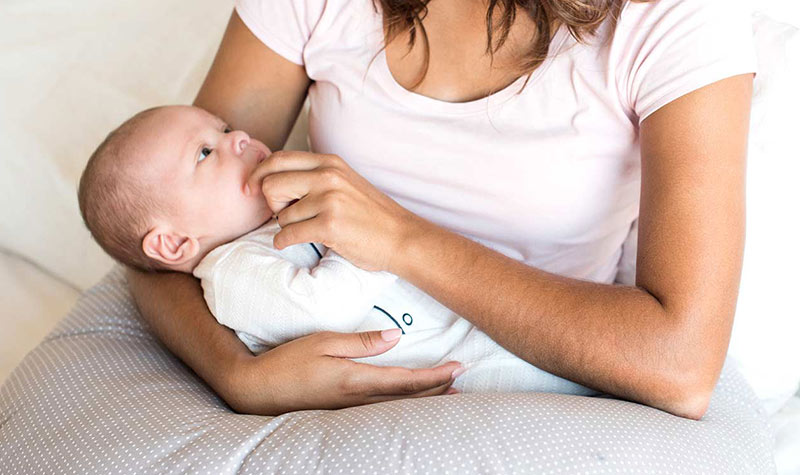 However, this statement can be properly attributed to those children who are breastfed. If the baby uses the mixture, then it is better to calculate the rate he needs with the help of a doctor.
However, this statement can be properly attributed to those children who are breastfed. If the baby uses the mixture, then it is better to calculate the rate he needs with the help of a doctor.
Diseases
Children's crying after eating may also indicate some internal diseases of the child. These include candidiasis or otitis media. As a rule, in this case, the child will begin to show anxiety already during feeding. In this case, without the help of the attending physician can not do.
Here are the main reasons why babies may cry after eating. However, it should be understood that all children are unique, therefore, it is possible to determine “your” reason only with the help of a caring attitude and close observation. In certain cases, if in doubt, it is better to seek help from a children's clinic.
The baby cries immediately after feeding
The baby cries right away ...0002
I refused my son-down in the maternity hospital, I can't live without him now
2 828 answers
How much money does a month spend on a newborn?
329 answers
Premature babies
2 186 answers
What was unexpected about motherhood for you?
338 answers
There is no one to leave the child with two grandmothers
583 answers
How do you live on maternity leave?
293 answers
Common opinion - "Mommies are always unkempt and angry"
344 answers
They thought about taking the child in an orphanage, but heredity causes concern
539 answers
How do you feel about surrogacy and egg donation?
438 responses
16 responses
Last - Removing
#1
#2
Dechyka?
#3
#4
Guest
Maybe the mixture is not suitable for her, it happened to her, the mixture was changed and after eating the baby slept.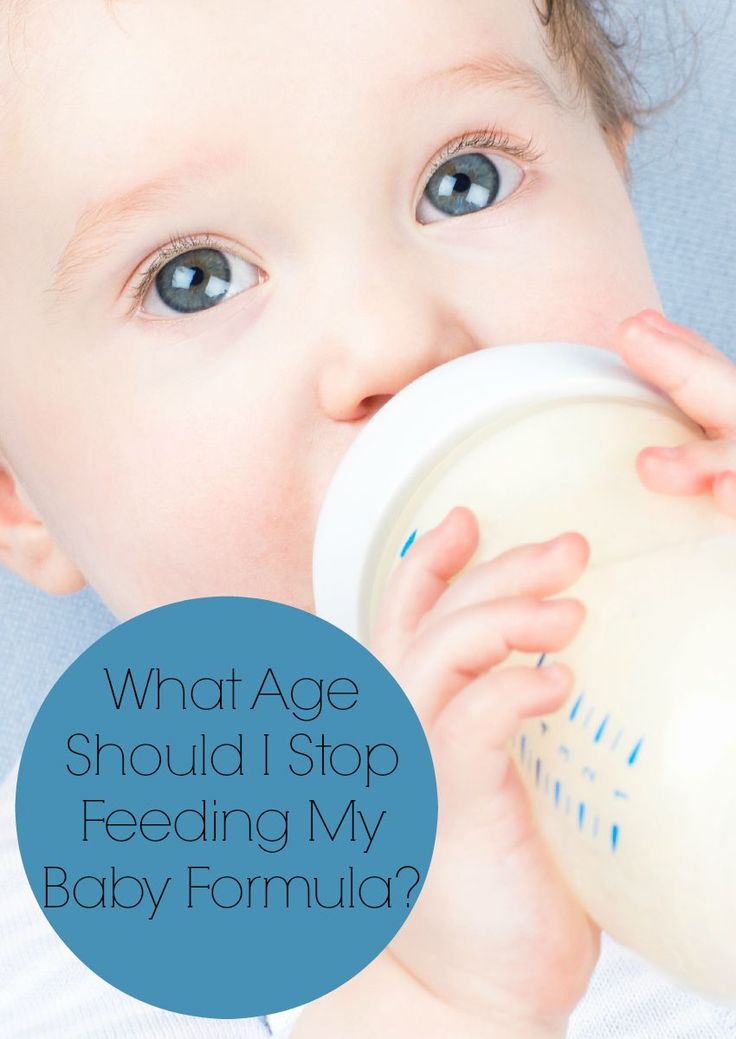 with a doctor and feed the baby with her. After feeding for 10-15 minutes, carry the baby on the handles with a column so that the air comes out of the tummy.
with a doctor and feed the baby with her. After feeding for 10-15 minutes, carry the baby on the handles with a column so that the air comes out of the tummy.
#5
Victoria
We eat all the time, this happened only a month ago.
I always wear a column, I gave more of the mixture, I still screamed and at the same time spit up profusely, it became clear that there was a lot.
At the appointment with the pediatrician on the 19th, I will ask of course what it is and what it can be from.
When feeding, he eats calmly, does not cry, only sucks very eagerly, I change the nipple for a nipple with a larger hole, he starts to choke.
#6
#7
#8
Guest
The child is 2 months old, recently it has also become, it seems to me that the mixture has nothing to do with it, it’s like a psychological one, because you give a dummy - it stops.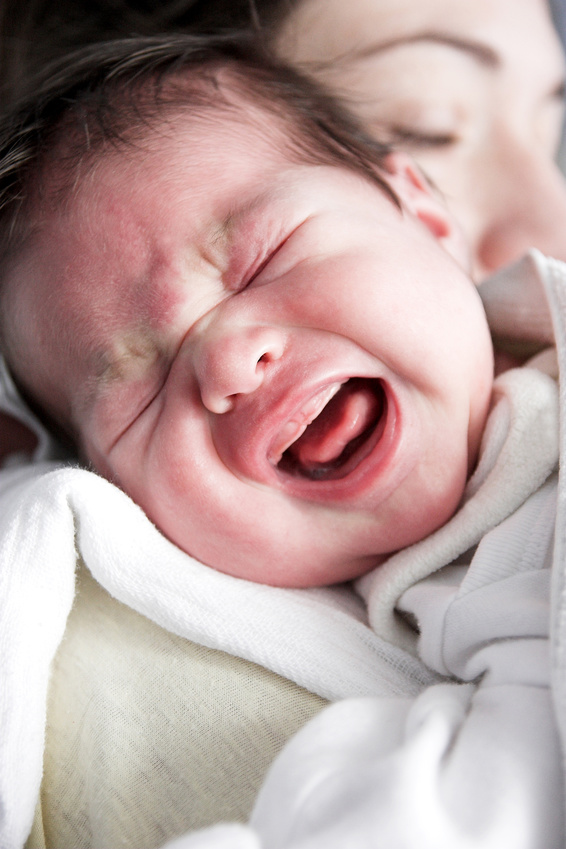
#9
Guest
The child is 2 months old, recently it has also become, it seems to me that the mixture has nothing to do with it, it’s like psychological, because you give a dummy - it stops .
#10
Victoria
Here, the same situation.
What does she cry not at every feeding, but every other time, she falls silent from a pacifier and if she cries, then it doesn’t take long, a minute or two, it seems that she thinks that she hasn’t eaten enough and she’s not enough, and then the feeling of fullness comes and she doesn’t cry anymore, by the way, after this crying, a normal, active child, laughs, plays, ultrasound of all internal organs was done at the maternity hospital at discharge, everything was in order, they also passed an analysis for dysbacteriosis, so everyone who immediately threw slippers on me here didn’t it is necessary, I do not sit still and evenly.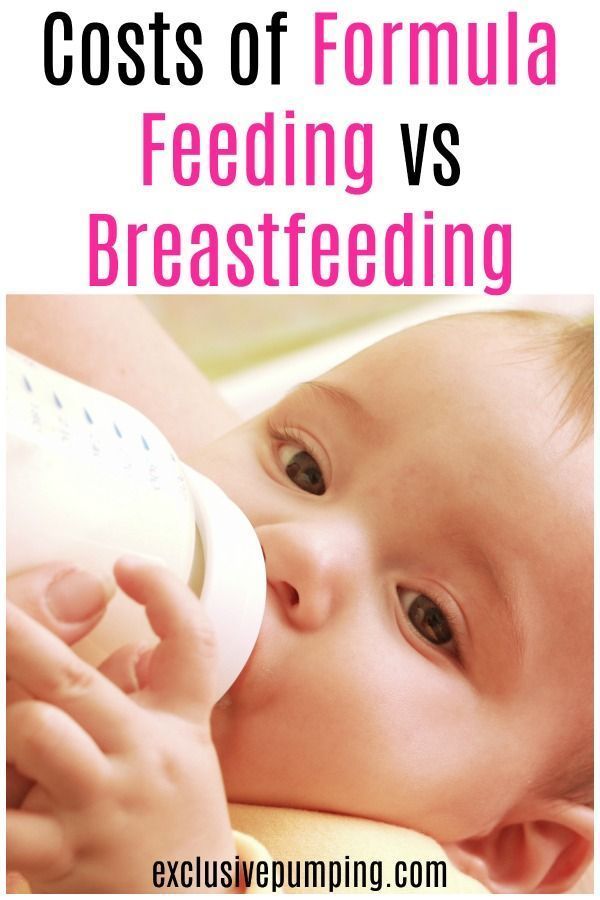
#11
Victoria
You won’t believe T9 did this, but I don’t really check, because there is no time for this, you know, the child requires a lot of time and attention. If there is nothing to say in the case, then pass by
#12
#13,0003
Guest
The mother is good, the child is bad, the child is bad, the child is bad. and she will go to the doctor only in 10 days, fu on you.
Do you have one doctor for the whole district or is it a waste of money for a paid pediatrician?
I don't understand such mothers.
#14
#15
Guest
I even have time to work at home . .
.
#16
Sveta
Daughter?
New topics this week:
-
Child 2.7. The problem with the urination
2 answers
-
3 months fell from the sofa
5 answers
-
I shout to the baby
21 answer
- 9000
Autism or not?
3 answers
-
Moms on maternity leave respond!
5 answers
-
0021
3 answers
-
The child does not play alone
40 answers How to cope?
4 answers
-
First step, survey
1 answer One eye is watery
2 answers
Popular topics this week:
-
0021
40 answers
-
How can a woman survive such shame?
22 answers
-
child walks without clothing
22 answers
-
I shout to baby
21 answer
-
newborn, mixed nationwide 9000 9000 9,000 9000 9000 9000 9
Moms on maternity leave respond!
5 answers
-
3 months fell off the couch
5 answers
-
Pneumonia.
